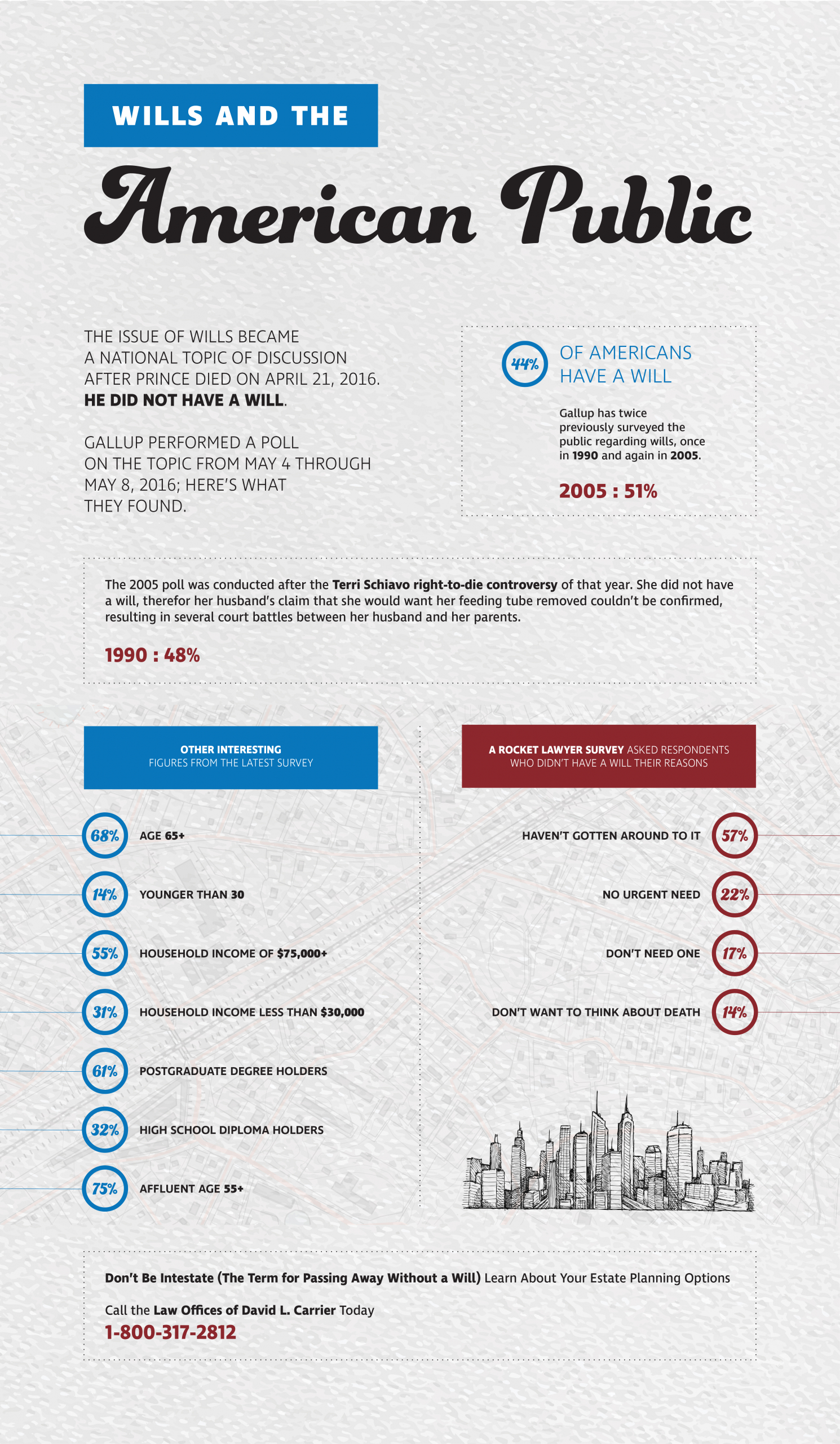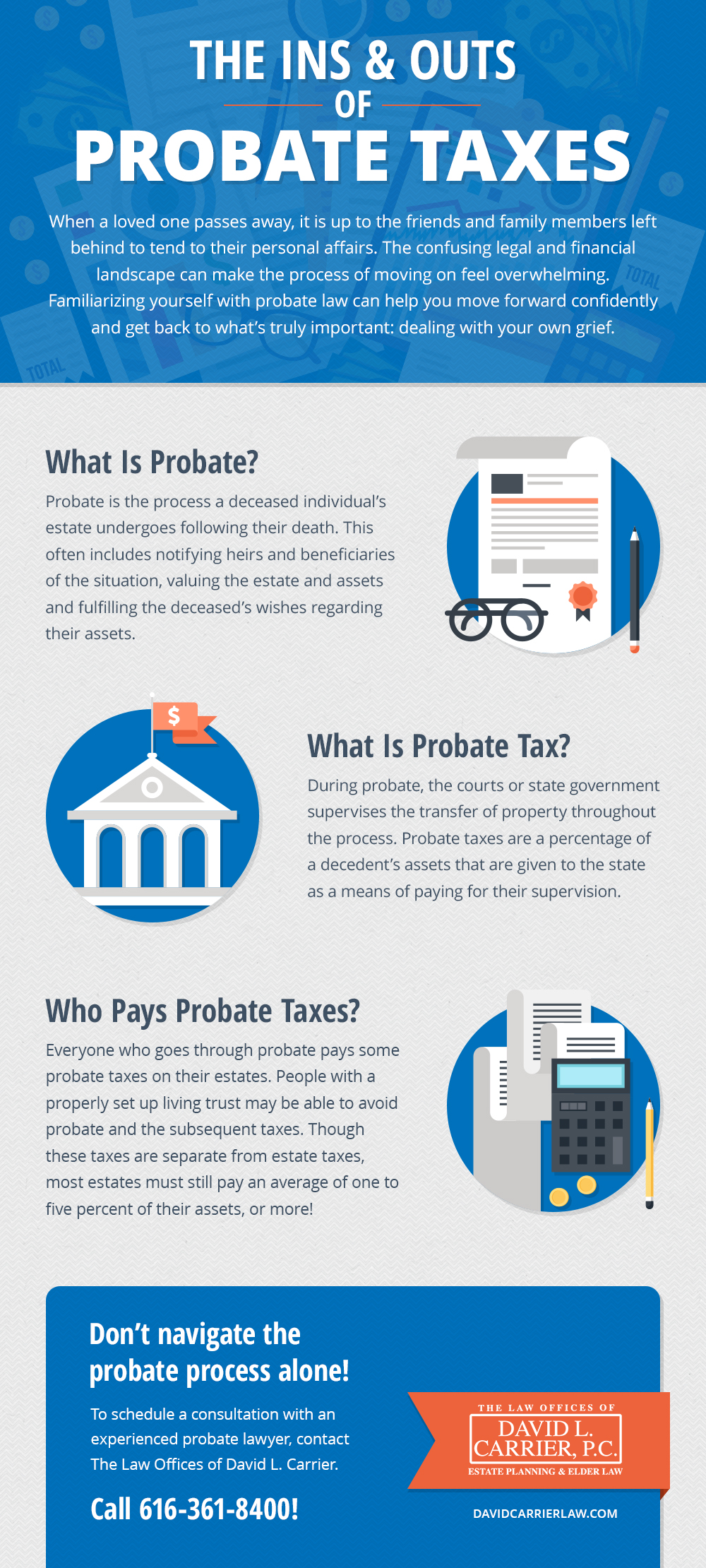When it comes to estate planning and elder law, you could say the Law Offices of David L. Carrier sets the pace. Or, rather, they set the PACE. The Grand Rapids-based firm, which helps families navigate through complicated issues and laws surrounding estate planning, is making PACE the topic of its latest free workshop.
PACE is an acronym for Program of All-inclusive Care for the Elderly. It’s a comprehensive health program that helps seniors remain at home for as long as possible and is funded by Medicare and Medicaid. Carrier’s workshop on PACE — the next one is scheduled for May 11 from 3 to 4 p.m. in Newaygo – explains how the program works and how Medicaid can play a role in estate planning.
“Nobody wants to go into a nursing home,” Carrier said in a telephone interview, “bBottom of Form
ut how do you stay at home when you have various needs? If you’re safe at home … in other words, you’re not going to burn the place down, but you need additional socialization, medical care, specialist care, pharmacy, etc., and you are physically and financially eligible for Medicaid, PACE might be the solution for you.”
Carrier explained that PACE allows older people in need of long-term care to stay at home and still get the care they need without losing everything.
“Most people go broke not because of the stock market or the casino, but because they need long-term care,” Carrier said. “It can be anywhere from $3,000 a month for Craigslist-type in-home care to $13,000 a month for a skilled nursing at some super-duper nice place. Our goal is to use the Medicaid system to let people hold on to as much of what they have as we can.”
While many people might think of Medicaid as “disadvantaged or poor people’s health care,” Carrier said 20 percent of it is he calls “middle-class Medicaid,” for those who just can’t save enough to pay for long-term care.
“Because, let’s face it, nobody buys the long-term care insurance and nobody has saved enough – you can’t save enough,” Carrier said. “We’ve seen people go from millions [of dollars in assets] to zero.
“The idea (behind using PACE) is not how are you going to pay for it, because you won’t. The question is how do we make sure you get on Medicaid without going broke? The only way that’s going to happen is if you have done all the other things necessary – all the earning and saving and being smart about things — in order to have it there. We focus on making sure your stuff lasts as long as you do. How do I make sure you don’t go broke? We plan for it.”
Carrier’s firm works with people to educate them on how to use PACE and how to qualify for the program without spending all their savings. Because people can have only $2,000 cash on hand to qualify doesn’t necessarily mean they have to spend all their savings.
“There are other ways of doing it,” Carrier said. “When we do a PACE application, we are fully transparent, but it goes beyond the scope … there are a whole range of strategies we use.”
Carrier pointed out that one size does not fit all, and that his firm works with families on a case-by-case basis to get the best results.
“People might have the same asset profile, but given their family situation, some things will make more sense for some than others,” he said. “We try very hard to educate people on what their options are, guide them through the process and make sure it makes sense for their family. It has been hugely successful.”
PACE, a state program, is available on a county-by-county basis. It currently is available in Ottawa, Muskegon, Kent, Allegan and Kalamazoo counties and will soon be available in Newaygo County. The workshop in Newaygo is part of The Law Offices of David L. Carrier’s “hometown series.” The firm does three to four workshops per week at its four locations in Norton Shores, Holland, Portage and Grand Rapids, and reaches out to other communities with its hometown series.
Carrier said many attending workshops often come out of them saying, “I didn’t know it worked like that.” The workshops provide a general overview of programs and how they work, be it probate, PACE, or other programs. The next step is a vision meeting, where points of the workshop are reviewed but potential clients also are introduced to things that are relative to their situation specifically. “Homework” is assigned and the next step is a design conference. Only after that conference, Carrier said, is the firm hired to work with clients.
“There’s a lot of information, and it’s thoughtful and purposeful,” Carrier said. “We have credibility. We have more than 2,000 approved Medicaid applications over the past 10 years. We DO save money for folks.”
While workshops are free, those planning to attend need to register through the firm’s website at davidcarrierlaw.com since seating is limited. For more information, call the Law Offices of David L. Carrier at (616) 361-8400 or (800) 317-2812 or email them at contact@davidcarrierlaw.com.







